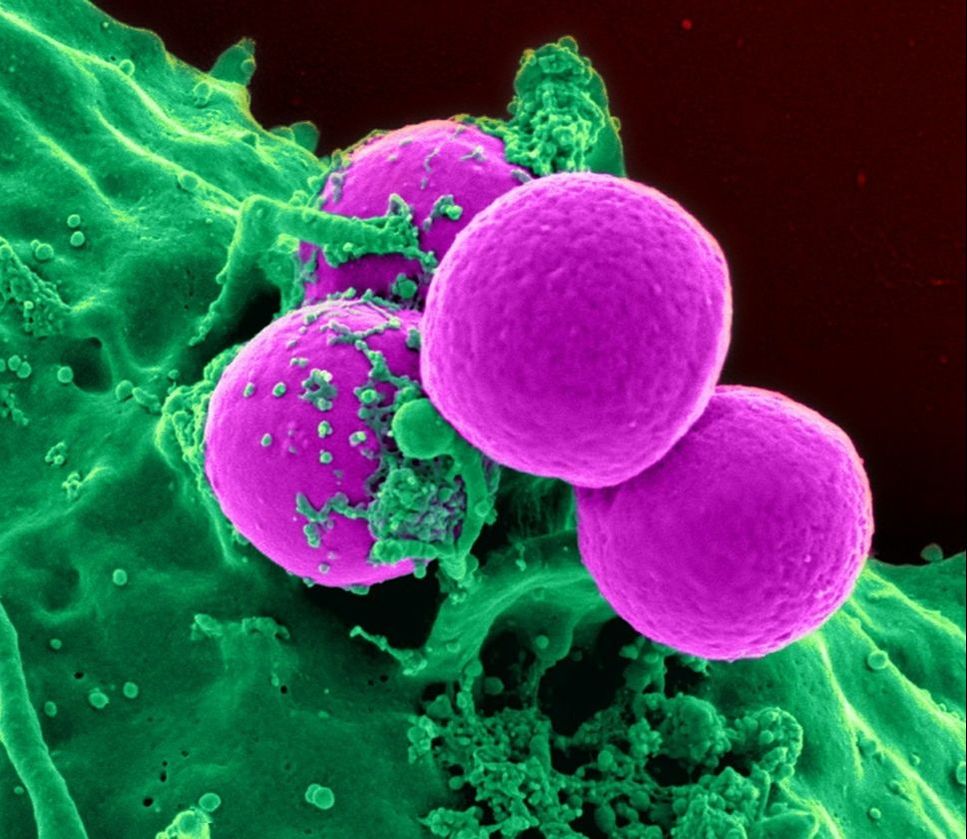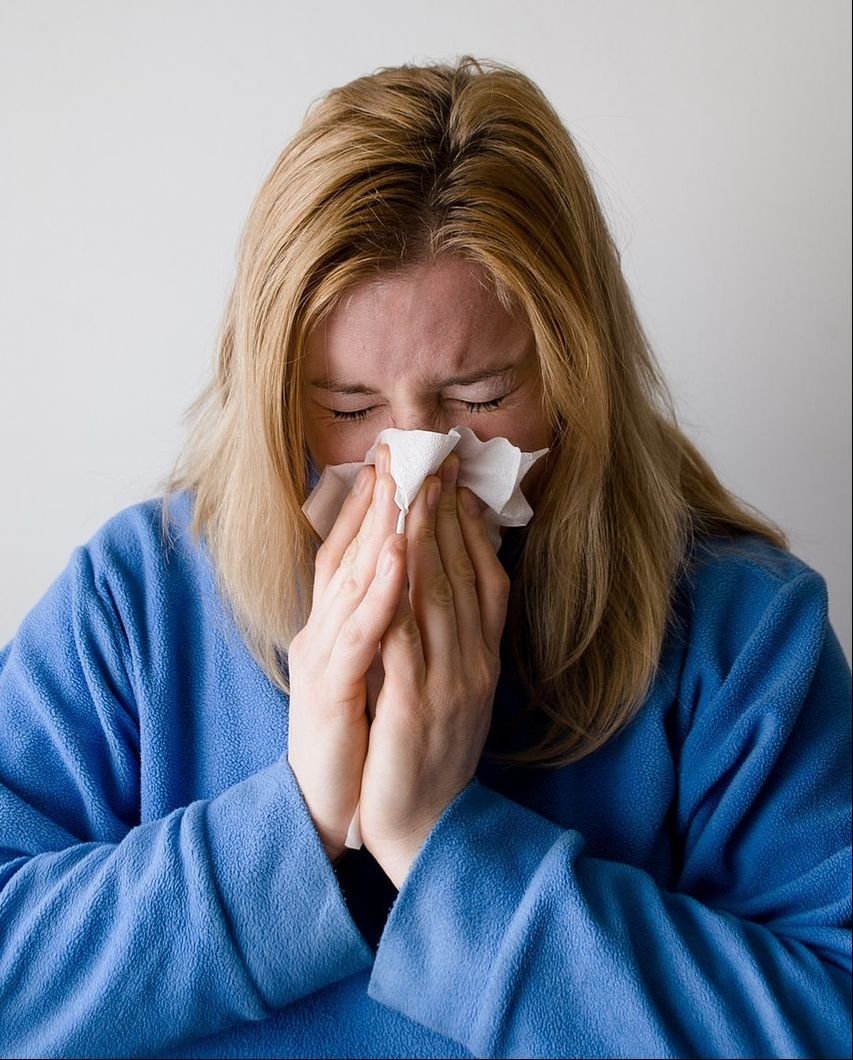
Your Body and It's Immune System
Extracts from article "Autoimmune Disorders: Why do I Attack Myself? How Can Oriental Medicine Help?", originally printed in Health News Today.
The National Institute of Health (NIH) reports; “Research discoveries of the last decade have made autoimmune research one of the most promising areas of new discovery” However, The Institute of Medicine reports the US is “behind” other nations in the research of autoimmune diseases.
Our Immune system is composed of cells and organs that defend our body from possible infectious organisms that appear harmful to our body - allergy, parasites, virus, fungi, bacteria etc.
Types of Immune Defenses and Responses
- Innate: first line of defense we are born with (skin, gastric juices, blood cells etc.)
- Acquired: developed after birth and may be due exposure to a disease or immunizations.
- Passive: preformed tools of immune response produced by other organisms (For example, the maternal immunity transferred from the placenta to the child).
- Active: produced by the body response to a disease or immunization
- Specific: our immune system possesses Major Hysto-Compatibility Complex Molecules that allows a Self-Tolerance ability. This process allows our immune system to identify/mark cells as “self” human cells or “non-self” possible infectious organism. In a normal condition our body does not attack cells that carry a “self” marker.
- Non specific: an automated response that does not need marker cells recognition.
- Humoral: a liquid form of composed of B lymphocytes and anti-bodies or immunoglobins. These antibodies flow in the blood and enter the tissue spaces. They coat the antigen to mark them for destruction.
- Type of immunoglobins or antibodies:
- IgA: found in all mucosa (oral cavity, ears, nose etc.)
- IgD: enhances other immunoglobins response
- IgE: responses to allergies and parasites
- IgG: this is a memory response immunity or recognition of previous infectious invasion.
- IgM: initial response or response to first invasion of antigen/ infectious organism.
- Type of immunoglobins or antibodies:
- Cellular: represented by T cells TCD4/ helper cells (regulates immune system response). T-8 or killer cells attack the antigen without a need to a marker recognition; therefore, non-specific.
Immune System Organs

Autoimmune diseases were “named a major women’s health issue by the Office of Research on Women’s Health at the National Institutes of Health (NIH”).
The organs, or the immune system, are also known as lymphatic organs because they in charge of the growth, development and actions of white cells or lymphocytes. These cells act as warriors for our immune system response. These organs are connected through lymphatic vessels and communicate via lymph fluids.
- bone marrow
- thymus
- spleen
- tonsils
- adenoids
- lymphatic vessels
- lymph nodes
- Preyer’s plaques.
Now that you have a better understanding of what you Immune System is and how it works, we can explore why autoimmune diseases occur and how they can be treated using our Chinese medicine and acupuncture.
Be sure to subscribe to our email newsletter to get the latest blog updates and other news.
